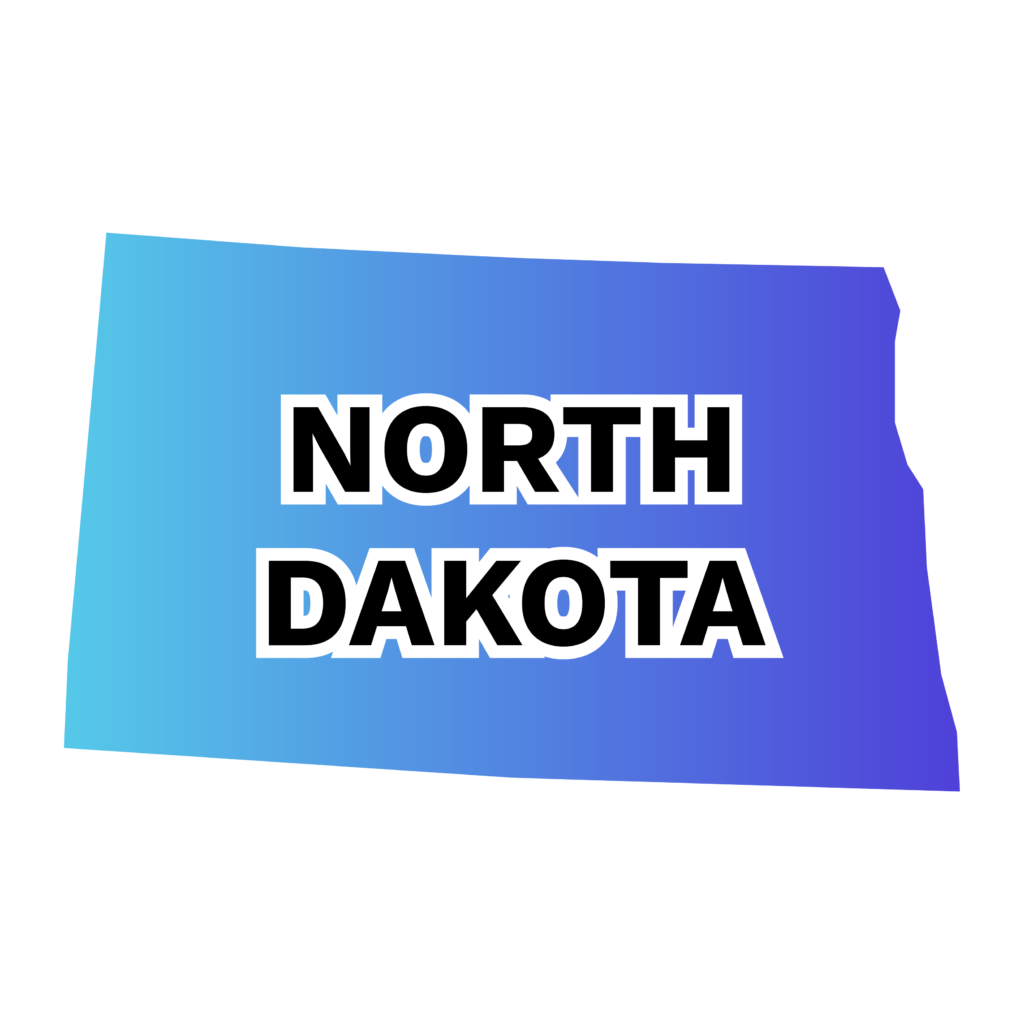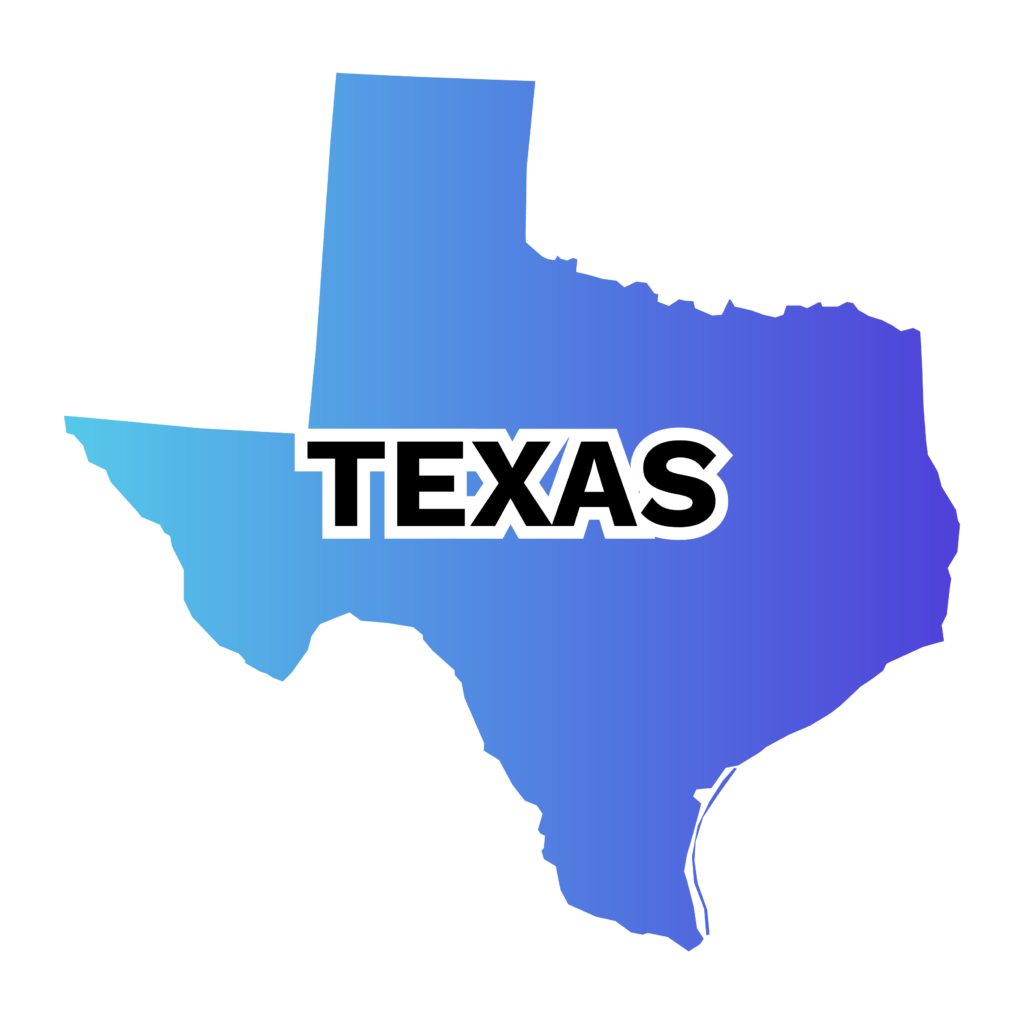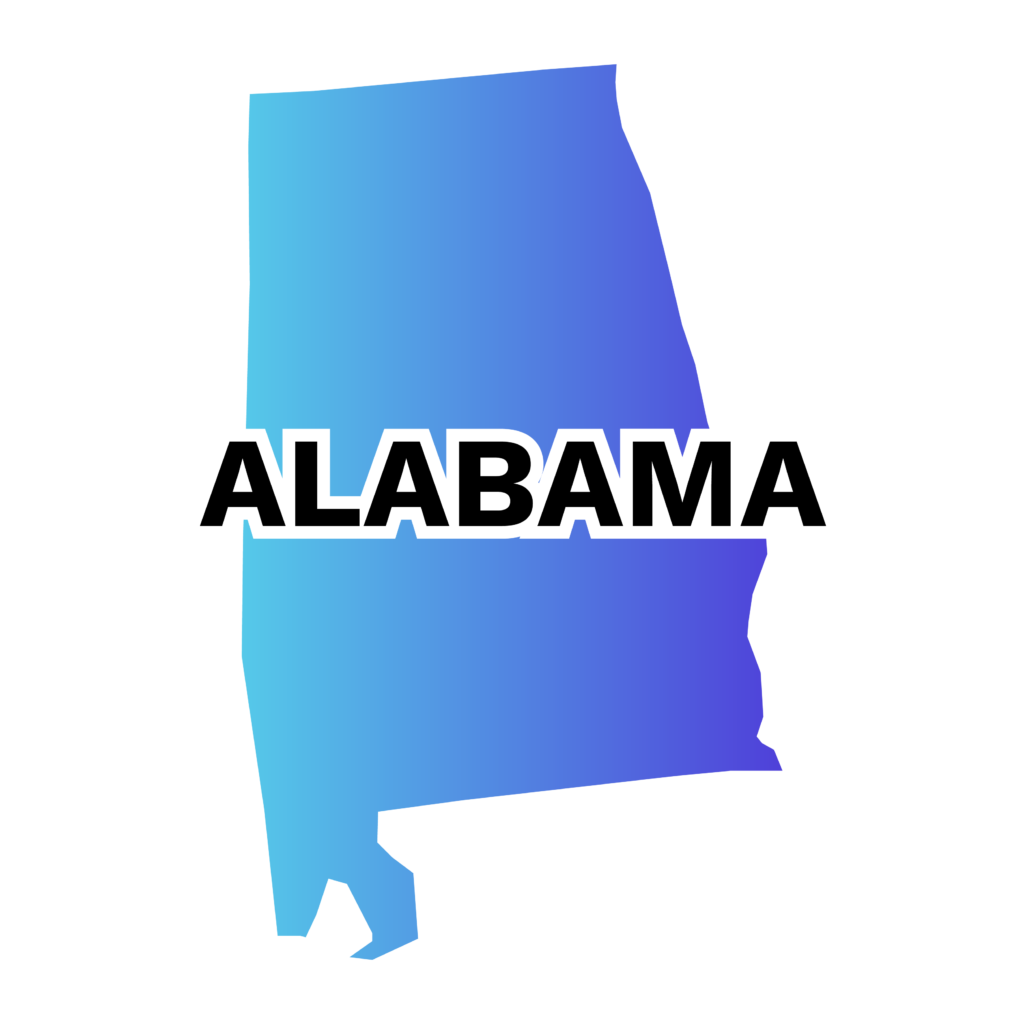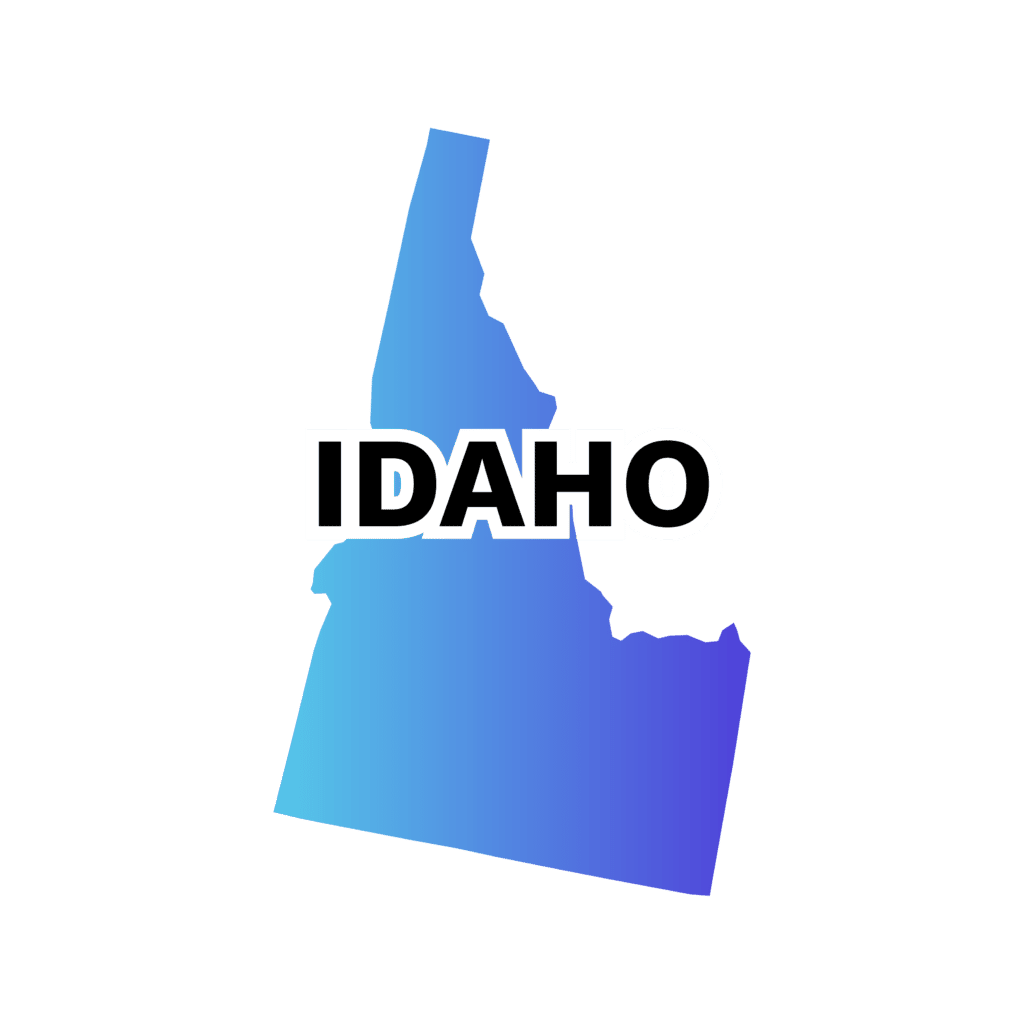Navigating the journey to become a Certified Public Accountant (CPA) in Pennsylvania is more than just a pursuit of professional accreditation; it’s a step towards becoming a part of a community that values not only financial expertise but also societal contribution. As highlighted in a recent article by retired CPA James Sullivan (published in the Journal of Accountancy), CPA firms must offer accessible, positive, and stigma-free services, underscoring the idea that the role of a CPA extends far beyond numbers.
This is a profession deeply intertwined with human experiences, where the ability to lay the groundwork for sensitive discussions, like those surrounding Alzheimer’s diagnosis, begins well before the actual diagnosis.
As we delve into the specifics of acquiring a CPA license in Pennsylvania, remember that this guide is not just about meeting educational and examination requirements. It’s about preparing you to be a versatile professional who not only excels in accounting but also possesses the empathy and skills to make a real difference in people’s lives. Let’s explore the steps to achieve this esteemed designation and understand how it positions you not just as an accounting expert but as a valued contributor to the broader community.
PA CPA Licensure Snapshot
When preparing for CPA licensure, CPA expert Bryce Welker suggests the following steps to CPA licensure:
- Meet Education and Verified Work Requirements: Fulfill Pennsylvania CPA licensure’s educational and work experience prerequisites for CPA licensure.
- Pass the CPA Exam: Successfully complete all sections of the CPA Exam. Considering the challenging nature of the exam, where nearly 50% of candidates may not pass on their first attempt, a CPA review course is highly recommended. This is often the key to passing the CPA exam.
- Submit CPA License Application Paperwork: Accurately fill out and submit all required documentation for the CPA license application.
- Pay the CPA License Application Fee: Ensure payment of the necessary fees associated with the application.
As you embark on your CPA journey, no matter the state, remember that the CPA exam isn’t something you can just wing. It demands dedication and a solid prep strategy. Think of it like training for a marathon; you wouldn’t just show up on race day without any preparation. The CPA exam is no different. Every state has its nuances in licensure, but the exam’s challenge is universal. So, lace up your study shoes and prepare to hit the books hard.
Bryce Welker, renowned CPA exam expert
PA CPA Licensure Guidelines
Education
- For CPA Exam Eligibility:
- Minimum Education: Candidates must have completed at least 120 semester credits of post-secondary education from an accredited college or university. This education must include at least 24 semester credits in accounting, auditing, business law, finance, technology, or tax subjects satisfactory to the Board.
- For CPA Licensure:
- Degree Requirement: Candidates need a baccalaureate or higher degree from an accredited college or university.
- Credit Requirement: A total of 150 semester credits are required, including at least 24 semester credits in accounting and auditing, business law, economics, technology, finance, or tax subjects satisfactory to the Board. Additionally, 12 semester credits in accounting, auditing, or tax subjects are required, not necessarily as part of the individual’s undergraduate or graduate work.
Work History
- Duration and Hours: Candidates must have completed at least 12 full months and no less than 1,600 hours of qualifying experience within the 60-month period immediately preceding the application date.
- Nature of Work: The experience can be in public or non-public accounting and must involve the use of accounting, attest, compilation, management advisory, financial advisory, tax, or consulting skills. This experience should be gained through employment in government, industry, academia, or public practice.
Additional Requirements
- Pass the Uniform CPA Examination: Candidates must successfully pass the Uniform CPA Examination. Scheduling for this exam is done through the National Association of State Boards of Accounting (NASBA).
- Continuing Education for License Renewal: Upon renewing the license, a CPA must complete 80 Continuing Professional Education (CPE) hours in relevant subject areas, within the 2-year period before the filing date of the application. Note that new licensees are not required to complete CPE hours in the biennium in which they passed the CPA Exam.
These guidelines provide a comprehensive overview of the steps and requirements for CPA licensure in Pennsylvania, including both educational and work history components.
Ethics Exam
Pennsylvania’s approach to CPA licensure notably differs from many other states, particularly in its handling of the AICPA ethics course and examination. Unlike several states that require CPA candidates to complete the AICPA ethics course and pass a related exam, an ethics course and/or exam are not required in PA. This distinction underscores a unique aspect of Pennsylvania’s CPA licensure process, reflecting its distinct stance on the role of ethics training in the professional development of accountants.
Pennsylvania CPA Exam Fees
The journey to obtaining CPA licensure in Pennsylvania encompasses a variety of fees, categorized into those related to the CPA exam and those specific to licensure. Below is an outline of these fees:
CPA Exam Fees
- Education Evaluation Application Fee: Before applying for any exam section, candidates must first be deemed eligible for the CPA Exam. This eligibility is determined by an Education Evaluation Application, costing $90.00.
- Initial CPA Exam Application Fee: An initial application fee of $105 is required when applying for the CPA exam in Pennsylvania.
- Registration Fee: In addition to the initial application fee, there’s also a registration fee of $105.
- Exam Section Application Fees:
- Auditing and Attestation (AUD): $344.80
- Business Environment and Concepts (BEC): $344.80
- Financial Accounting and Reporting (FAR): $344.80
- Regulation (REG): $344.80
- The total cost for taking all four sections of the CPA Exam is $1,379.20 (4 sections x $344.80 each).
CPA Licensure Fees
- Initial Licensing Fee: The fee for initial licensing as a CPA in Pennsylvania is $65.00.
- Licensure Renewal Fee: The biennial renewal fee for the CPA license in Pennsylvania is $100.00.
These fees are an integral part of the CPA licensure process in Pennsylvania. Candidates need to be cognizant of these costs and plan their journey toward CPA certification accordingly.
| Auditing and Attestation (AUD) | $344.80 |
| Business Environment and Concepts (BEC) | $344.80 |
| Financial Accounting and Reporting (FAR) | $344.80 |
| Regulation (REG) | $344.80 |
| Exam Application Fee: | $105 |
| Initial Licensure Fee: | $65 |
| Education Evaluation Fee: | $90 |
Continuing Professional Education (CPE) Requirements for CPAs in Pennsylvania
In Pennsylvania, Continuing Professional Education is a mandatory requirement for maintaining CPA licensure, reflecting the state’s commitment to the ongoing professional development and competency of its accountants. Here are the specific requirements for CPAs and CPE in Pennsylvania:
- CPE Credit Hours: Pennsylvania CPAs are required to complete 80 hours of CPE in a two-year reporting period.
- Specific Course Requirements: Of these 80 hours, at least 20 hours must be completed each year. Additionally, 4 hours must be in a course dedicated to professional ethics. This focus on ethics underscores the importance of maintaining high ethical standards in the profession.
- Reporting Period: The CPE reporting period in Pennsylvania is biennial, ending on December 31st of every odd-numbered year. CPAs must ensure they meet the CPE requirements within this timeframe.
- Documentation and Record Keeping: CPAs are responsible for maintaining records of their CPE credits, including certificates of completion, for five years. This documentation is crucial for verification in case of an audit by the Pennsylvania State Board of Accountancy.
- Acceptable CPE Formats: Pennsylvania recognizes various formats for earning CPE credits, including live classroom courses, webinars, and self-study programs. This variety allows CPAs to choose learning methods that align with their learning styles and schedules.
- Newly Licensed CPAs: For newly licensed CPAs, the CPE requirements are prorated. The number of CPE hours required depends on the date of licensure within the reporting period.
- Consequences of Non-Compliance: Failing to comply with the CPE requirements can result in penalties, ranging from fines to the suspension or revocation of the CPA license. It is crucial for CPAs to adhere to these requirements to maintain their licensure.
- CPE for License Renewal: Completing the required CPE is not only a matter of compliance but also a prerequisite for license renewal. CPAs must attest to meeting the CPE requirements when renewing their licenses.
CPA Exam Updates in Pennsylvania
The CPA landscape in Pennsylvania is set to experience significant changes with the CPA Evolution initiative. As part of this, the Business Environment and Concepts (BEC) section of the CPA exam will undergo a major transformation. Starting in 2024, the new CPA Exam format will introduce a Core-Plus-Discipline model, replacing the BEC Exam with three new Discipline sections. Candidates will need to pass one of these Discipline exams in addition to the three Core Exams.
These upcoming changes are a pivotal part of the CPA Evolution initiative, designed to ensure the CPA licensure model stays relevant amidst the dynamic business landscape. The revamped CPA Exam structure in Pennsylvania, emphasizing diverse skill sets, mirrors the evolving nature of the accounting profession and equips candidates to meet contemporary accounting challenges.
PA Licensure Challenges
Many Reddit threads surrounding CPA licensure focus on Pennsylvania CPA licensure challenges like:
- Understanding Pennsylvania’s Unique Requirements: Navigating the requirement of 150 semester credits, including 36 credits in accounting subjects, can be complex.
- Solution: Regularly consult with the Pennsylvania State Board of Accountancy and academic advisors for clarity.
- Detailed Application Procedures: The multi-step application process, including submitting educational transcripts and meeting deadlines, can be intricate.
- Solution: Prepare early and follow a detailed checklist for all application requirements.
- Rigorous CPA Exam Preparation: Tailoring study plans to cover the extensive content of the CPA exam, especially given Pennsylvania’s specific emphases, is challenging.
- Solution: Enroll in a CPA review course tailored to Pennsylvania’s exam requirements.
- Pass Rate for the CPA Exam: The challenging nature of the CPA exam often requires multiple attempts for successful completion.
- Solution: Utilize practice tests and focus on weak areas to enhance exam preparedness.
- Acquiring Relevant Work Experience: Fulfilling the requirement of 1,600 hours of specific work experience can be a hurdle in a competitive job market.
- Solution: Network actively in the accounting field and seek mentorship for gaining the required experience.
- CPE Compliance: Adhering to the 80-hour CPE requirement every two years, while balancing professional duties, requires diligent planning.
- Solution: Plan and track CPE hours systematically to ensure you meet state requirements.
- Reciprocity Requirements: For CPAs moving to Pennsylvania, understanding and fulfilling reciprocity requirements can be complex.
- Solution: Research thoroughly and prepare for Pennsylvania’s specific reciprocity process.
- Adjusting to CPA Exam Changes: The upcoming changes in the CPA exam format under the CPA Evolution initiative require candidates to adapt their study strategies.
- Solution: Stay updated with CPA Evolution changes and adjust your study plans accordingly.
- Financial Investment: The costs associated with CPA exam preparation, application, and examination fees, as well as licensing fees, can be significant.
- Solution: Explore financial aid, scholarships, and employer reimbursement programs to mitigate costs.
- Staying Current with Regulations: Keeping up-to-date with changes in CPA licensure requirements and exam formats is essential but can be challenging.
- Solution: Regularly check for updates from the State Board and relevant professional accounting organizations.
Navigating these specific challenges requires careful planning, dedication, and access to accurate and up-to-date information, making resources such as professional associations, educational institutions, and peer forums invaluable for CPA candidates in Pennsylvania.
Compare CPA Requirements in Pennsylvania to Other States
Pennsylvania’s CPA licensure requirements present unique aspects when compared to neighboring states. For instance, New Jersey and New York, both neighboring states, also require 150 semester hours for licensure but differ in the specifics of their experience requirements. New Jersey mandates two years of work experience, while Pennsylvania requires only one year. Ohio, another neighboring state, has a similar 150-hour education requirement but differs in its CPA exam credit expiration policy.
Other states with similar CPA requirements to Pennsylvania include Illinois and Texas, where the 150-hour education requirement and one-year work experience are standard. These states also emphasize ethics in their CPA curriculum, much like Pennsylvania.
In contrast, states like California and Colorado have significant differences in their CPA requirements. California, for example, requires specific ethics study and a more extensive experience requirement in certain areas of accounting. Colorado has unique stipulations regarding the nature of work experience and specific coursework.
For a detailed comparison, visit our page on CPA requirements by state.
Local Professional CPA Organizations and Networks
Pennsylvania is home to several professional CPA organizations that provide resources, networking opportunities, and continuing education. The Pennsylvania Institute of Certified Public Accountants (PICPA) is a prominent organization offering a wide range of services for CPAs in the state. It supports CPAs and future CPAs with education, networking, and leadership opportunities.
Another notable organization is the Pennsylvania Society of Tax & Accounting Professionals, which focuses on providing its members with educational resources, information, and tools necessary for professional growth in the fields of tax and accounting.
These organizations play a crucial role in the professional development of CPAs in Pennsylvania, offering a platform for collaboration, learning, and advancement in the accounting field.
PA Exam Information and Resources
- Pennsylvania First-Time CPA Candidates
- Pennsylvania CPA Exam Info
- PA CPA Work Experience Verification Form
For more information, please contact:
Pennsylvania State Board of Accountancy
Office
2525 N 7th Street
Harrisburg, PA 17110
Mailing Address
P.O. Box 2649, Harrisburg, PA 17105-2649
Email: [email protected]
Phone: 717-783-1404
Fax: 717-705-5540
FAQs
In addition to a baccalaureate degree, you need a total of 150 semester credits, including 24 semester credits in accounting and auditing, business law, economics, technology, finance, or tax, plus 12 more in accounting, auditing, or tax subjects.
Candidates need one year (1,600 hours) of relevant work experience within five years before the licensure application. This experience can be in government, industry, academia, or public practice
Yes, 80 hours of CPE in relevant areas must be completed within 24 months of the license application. Passing the CPA Exam may satisfy this requirement in some cases.
The initial licensing fee is $65.00.
Yes, Pennsylvania allows CPAs from other states with equivalent licensing requirements to obtain a license through reciprocity, subject to board approval.
Unlike many other states, Pennsylvania does not require candidates to take and pass an ethics exam as part of the CPA licensure process.
CPA licenses in Pennsylvania must be renewed biennially, with specific requirements for Continuing Professional Education (CPE) hours to be fulfilled during each renewal period.
While Pennsylvania requires a broad range of CPE subjects, there isn’t a specific mandate for technology-related CPE. However, CPAs are encouraged to pursue CPE courses that are relevant to their practice areas, which could include technology.
Bryce Welker is a regular contributor to Forbes, Inc.com, YEC and Business Insider. After graduating from San Diego State University he went on to earn his Certified Public Accountant license and created CrushTheCPAexam.com to share his knowledge and experience to help other accountants become CPAs too. Bryce was named one of Accounting Today’s “Accountants To Watch” among other accolades. As Seen On Forbes











